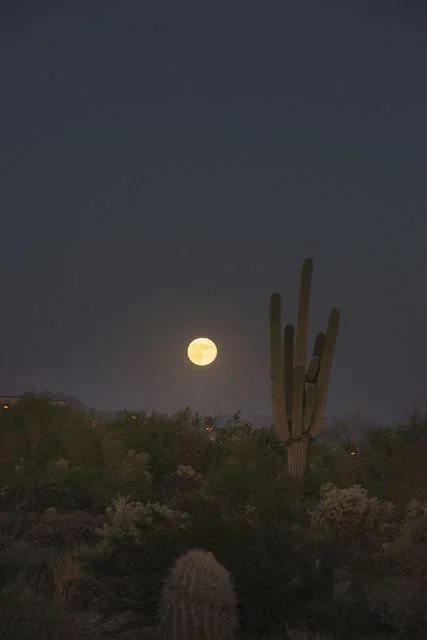Dark Humor
November 15, 2023
Writer: Margot Barrera
Editor: Abigail Peacock
As a girl who loves to laugh with a ranging sense of humor, I seldom stop to think about the appropriateness of what I find funny. When my friends and I burst into fits of laughter over topics I’d rather not have outsiders hear, it feels okay because I know the intent behind my friends’ jokes is never to offend or harm anyone. Usually, these are jokes made about our own shared experiences and not at the expense of others. When I laugh internally and tag my friends in social media posts to share a joke, I don’t know the joke's intent but trust that my friends understand my humor.
In the last few weeks my TikTok “For You” Page has been taken over by jokes on the prospect of girls being included in a future war draft, though this isn’t anything to be concerned about, as a quick internet search debunked any fears of an impending war. Common girlhood favorites of nightly sweet treat outings, Zillow searches for innocent house stalking, braiding each other’s hair, and amped-up slumber parties (coined “slumbies” by me and my friends) have been entwined in a new theme: the military.
“Let’s get a sweet treat after this battle.”
“Can you help me put my hair in a bun (referring to the slicked-back, neat military hairstyle)?”
“How do I look in this uniform?”
“I think that’s my ex's house!” Pictured: Two people in uniform using military-grade tracking devices.
When my friends and I began tagging each other in the comment sections and texting about these TikToks, saying “that would so be us!” it didn’t feel inherently harmful and honestly it didn’t cross my mind that perhaps we were being insensitive. It was intended as purely innocent humor, and I was engaging with the content as I do with most other content that crosses my feed. The jokes on girls going to war, however, fall into a long line of Gen Z’s ‘dark humor’ approach to relating and reacting to information that is more serious or significant.
Though the generalization of Gen Z reacting to major world events with comedy can be witnessed most substantially across various social media forums, I’ve noticed similar reactions even amongst my friends and me. I know personally that using humor to cope is somewhat of an avoidance reaction—I tend to avoid showing more upsetting emotions, especially in front of others. For me, leaning into the unfortunate humor of something is far easier than facing the seriousness of a situation head-on and addressing what needs to be addressed.
If my own reactions mirror those of a seemingly large sum of our generation, based on what I’ve seen on social media, what does that say about our generation? Why is dark humor suddenly trending?
The Central Trend magazine’s analysis of the origin of our habit of dark humor says it best: despite being described as a “soft” generation, we’re the first generation to consume media and news practically every waking second (Harshman 2022). And, being a generation living our formative years through climate change, a pandemic, global crises and so much else amongst personal struggles, I choose to believe that our reaction of humor to saddening realities is a sign of perseverance and not of insensitivity. Despite constant exposure to a quickly changing and unpredictable world, we aren’t beaten down but instead, we look for the light in a situation—even if that light is small, it is at the very least laughable. On social media, our common response to troubling times is a sign of unification. It’s almost as if Gen Z has one large inside joke that leaves other generations bewildered.
Works Cited
Harshman, E. (n.d.). The origins of Generation Z’s sense of humor are cloudy but deeper than expected. The Central Trend. https://thecentraltrend.com/115956/opinion/the-origins-of-generation-zs-sense-of-humor-are-cloudy-but-deeper-than-expected/. (n.d.).

